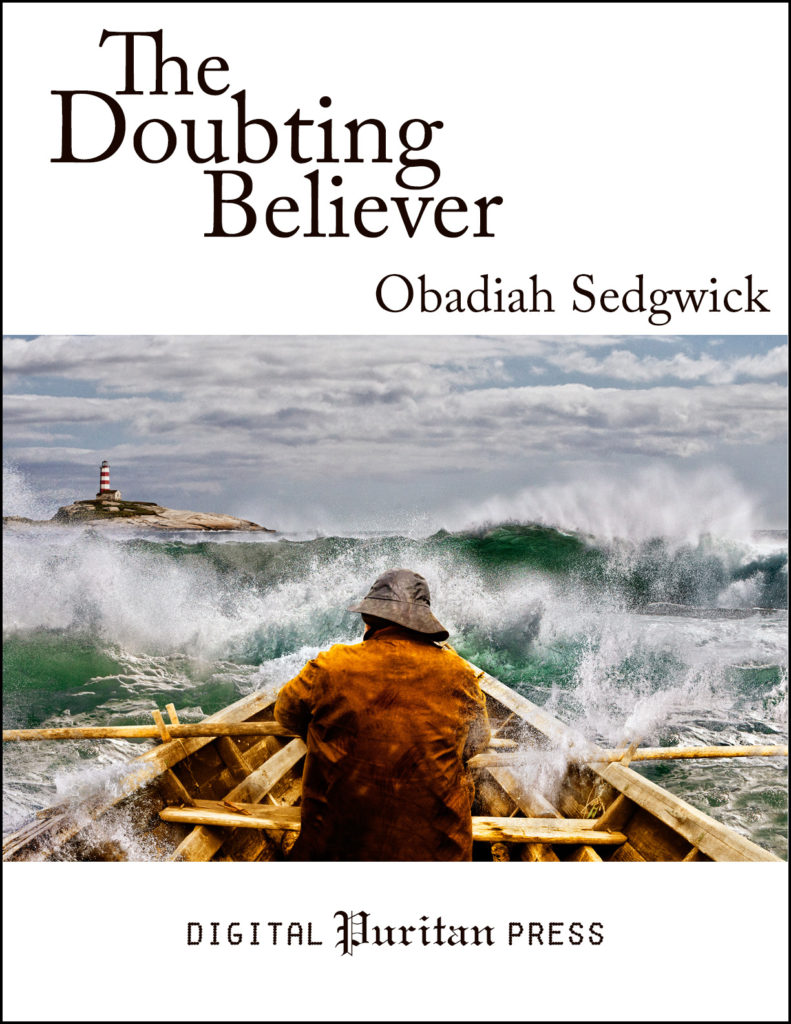
Savannah, it turns out, is catatonic, and before the suicide attempt had completely assumed the identity of a dead friend-the implication being that she couldn't stand being a Wingo anymore. When he hears that his fierce, beautiful twin sister Savannah, a well-known New York poet, has once again attempted suicide, he escapes his present emasculation by flying north to meet Savannah's comely psychiatrist, Susan Lowenstein.

Tom Wingo is an unemployed South Carolinian football coach whose internist wife is having an affair with a pompous cardiac man. As Makkai acknowledges in an author’s note, when a heterosexual woman writes a novel about AIDS, some may feel she has crossed “the line between allyship and appropriation.” On the contrary, her rich portraits of an array of big personalities and her affecting depiction of random, horrific death faced with varying degrees of gallantry make this tender, keening novel an impressive act of imaginative empathy.Īs compulsively readable as it is thoughtful and moving: an unbeatable fictional combination.Ī flabby, fervid melodrama of a high-strung Southern family from Conroy ( The Great Santini, The Lords of Discipline), whose penchant for overwriting once again obscures a genuine talent.

Fiona’s opaque feelings of guilt and regret as she searches for her estranged daughter, Claire, aren’t as engaging at first, but the 2015 narrative slowly unfolds to connect with the ordeals of Yale and his friends until we see that Fiona too is a traumatized survivor of the epidemic, bereft of her brother and so many other people she loved, to her lasting damage. As is often the case with paired stories, one of them initially seems more compelling, in this case Makkai’s vivid chronicle of Yale’s close-knit circle, of his fraught relationship with the obsessively jealous Charlie, and his pursuit of a potentially career-making donation for the university art gallery where he works in development. Nico’s younger sister, Fiona, has rejected their family and attached herself to his friends, with emotional consequences that become apparent in the second storyline, set 30 years later in Paris.

It’s 1985, and Makkai stingingly re-creates the atmosphere of fear, prejudice, and sanctimonious finger-pointing surrounding the mortally afflicted gay community, even in a big city like Chicago. In the first of two intertwined storylines, Yale and his live-in lover, Charlie, attend an unofficial wake for a dead friend, Nico, held simultaneously with his funeral service because his Cuban-American family has made it clear they don’t want any gay people there. Another ambitious change of pace for the versatile and accomplished Makkai ( The Hundred-Year House, 2014, etc.), whose characters wrangle with the devastating impact of the AIDS epidemic at its height and in its aftermath.


 0 kommentar(er)
0 kommentar(er)
